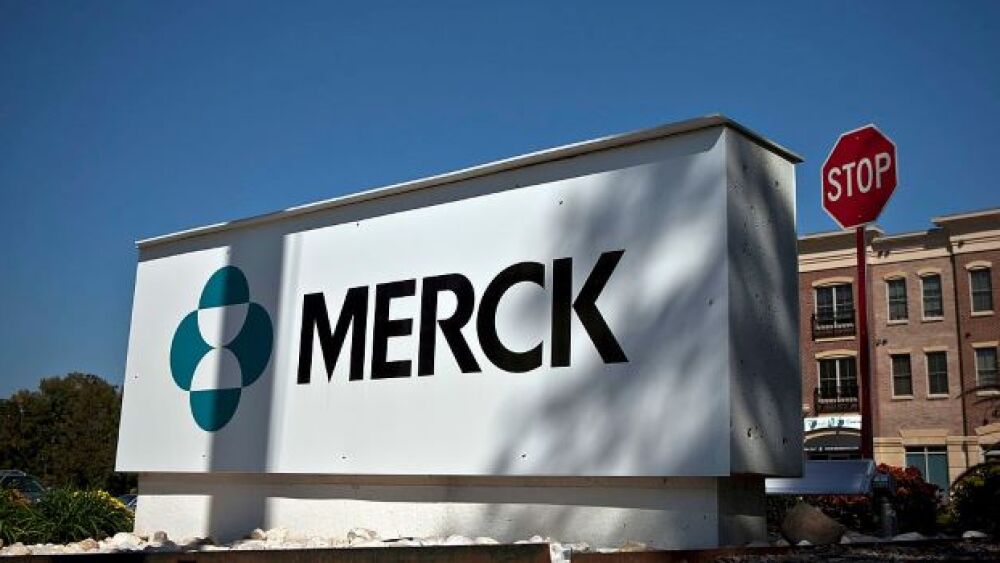Merck’s Keytruda (pembrolizumab) keeps expanding the indications for which it’s approved. The company announced today that the FDA had approved the anti-PD-1 therapy for adjuvant treatment of renal cell carcinoma.
Kena Betancur/Getty Images
Merck’s blockbuster checkpoint inhibitor Keytruda (pembrolizumab) keeps expanding the indications for which it’s approved. Today, the company announced that the U.S. Food and Drug Administration (FDA) had approved the anti-PD-1 therapy for adjuvant treatment of renal cell carcinoma (RCC) patients at intermediate-high or high risk of recurrence after nephrectomy or following nephrectomy and resection of metastatic lesions.
“Despite decades of research, limited adjuvant treatment options have been available for earlier-stage renal cell carcinoma patients who are often at risk for recurrence,” said Toni K. Choueiri, M.D., director, Lank Center for Genitourinary Oncology, Dana-Farber Cancer Institute, and professor of medicine, Harvard Medical School. “In KEYNOTE-564, pembrolizumab reduced the risk of disease recurrence or death by 32%, providing a promising new treatment option for certain patients at intermediate-high or high risk of recurrence. With this FDA approval, pembrolizumab may address a critical unmet treatment need and has the potential to become a new standard of care in the adjuvant setting for appropriately selected patients.”
Adjuvant treatment is given after initial cancer treatment, particularly to suppress secondary tumor formation.
In the third quarter of this year, Keytruda alone generated $4.534 billion, an increase of 22% since the same period in 2020. It is the company’s biggest-selling drug, outstripping the second closest, Gardasil/Gardasil 9, which brought in $1.993 billion for the quarter, although that drug demonstrated a 68% increase from the year before.
KEYOTE-564 is a Phase III trial that evaluated Keytruda as adjuvant therapy for RCC in 994 patients with intermediate-high or high risk of recurrence of RCC or M1 no evidence of disease (NED). The patients had undergone a partial nephroprotective or radical complete nephrectomy, which in M1 NED participants involved complete resection of solid, isolated, soft tissue metastatic lesions. They must have undergone the procedures with negative surgical margins at least four weeks before the time of screening. If the patients had received previous systemic therapy for advanced RCC, they were excluded from the trial. Also, patients with active autoimmune disease or who were on immunosuppressive drugs were also ineligible. The major efficacy outcome was investigator-assessed disease-free survival (DFS), defined as time to recurrence, metastasis, or death. Another measure was overall survival (OS).
Renal cell carcinoma is the most common type of kidney cancer, responsible for about 90% of kidney cancer diagnoses. It is twice as common in men than women. Most cases are diagnosed during imaging studies for other abdominal diseases. Globally, there are more than 431,000 new cases of kidney cancer diagnosed each year, with more than 179,000 deaths in 2020.
“Keytruda is foundational for the treatment of patients with certain advanced cancers, and this approval marks the fourth indication for Keytruda in earlier stages of cancer,” said Scot Ebbinghaus, M.D., vice president, clinical research, Merck Research Laboratories. “Keytruda is now the first immunotherapy approved for the adjuvant treatment of certain patients with renal cell carcinoma. This milestone is a testament to our commitment to help more people living with cancer.”





